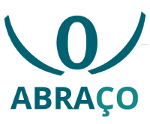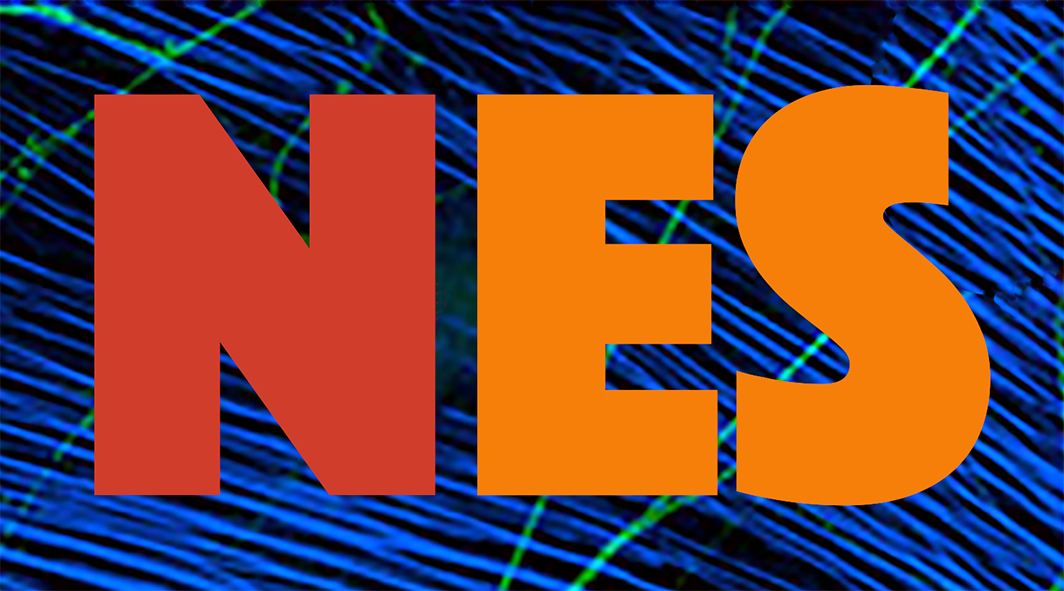List of Speakers
Mar 15, 2020

Eva Löcherbach
Eva Löcherbach is professor of mathematics at the SAMM laboratory of the university Panthéon-Sorbonne Paris 1.
She is working on probability theory and statistics with particular interest in limit theorems for Markov processes, interacting particle systems with interactions and/or memory of variable length and statistics of stochastic processes. In the last years she got interested in probabilistic models in neurosciences. Her main research interests are focused on huge or infinite systems of interacting point processes with memory of variable length describing the spiking behavior of neurons.
Eva Löcherbach studied mathematics at the university of Bonn from 1991 to 1996 and then moved to Paderborn where she got her PhD in 1999, under the supervision of Pr. Dr. R. Höpfner. After a short period as research assistant in Mainz, she moved to Paris for one year of Postdoc with Jean Bertoin, before obtaining a position as assistant professor in the university Paris-Est Créteil. She then moved to the university of Cergy-Pontoise for a full-professor position in 2010 where she was head of the department of mathematics from 2012-2015. In 2018 she joined the laboratory SAMM of the university of Paris 1 Panthéon-Sorbonne.
Christophe Pouzat
Christophe Pouzat completed his PhD in experimental neurophysiolgy (patch-clamp from cerebellar slices in Göttingen & Orsay University in 1998). He then moved to Caltech for a two years post-doc with Gilles Laurent, developing multi-electrode recordings for the insect olfactory system. He got hired as a researcher by the CNRS (National Center for
Scientific Research) in 2001 and spent 10 years in the Neurophysiology Laboratory of Paris-Descartes University, working on cerebellar physiology and insect olfaction while developing analysis methods and software for spike sorting, spike train analysis and calcium imaging. He moved to the statistcs group of the maths department of the same University in 2012, pursuing methodological developments for neurophysiological data. He started collaborating with Eva Löcherbach and Antonio Galves in 2014 and has since then enjoyed regular visits in NeuroMat. He has been teaching at Lascon since 2016.
Susanne Ditlevsen
Susanne Ditlevsen graduated in 1999 with a MSc in mathematics from Universidad Nacional de Educacion a Distancia, Spain and a MSc in statistics in 2000 from University of Copenhagen, Denmark. She got a PhD in 2005 from Department of Biostatistics, University of Copenhagen. She is now Professor in Statistics and Stochastic Models in Biology at Department of Mathematical Sciences, University of Copenhagen. She has published more than 70 papers, and was elected member of the Royal Danish Academy of Sciences and Letters in 2016. She is elected member of the board of the European Society of Mathematical and Theoretical Biology, and was awarded the Teacher of the Year at SCIENCE, University of Copenhagen in 2017. Her major fields of research are statistical inference for stochastic processes, computational neuroscience, mathematical modeling of physiological dynamics and marine mammals behaviour.
Daniel Y. Takahashi
Daniel Y. Takahashi leads the Ethogenesis Lab in the Brain Institute, Federal University of Rio Grande do Norte, Brazil. His lab studies the evolutionary, developmental, biomechanical, and neural processes generating animal behavior. He studied medicine and mathematics at the University of São Paulo (USP), Brazil. He carried out his Ph.D. studies in Bioinformatics at the same institution. After a postdoc period in the Institute of Mathematics and Statistics, USP, Brazil, and in the Princeton Neuroscience Institute, Princeton University, USA, he joined the faculty at the Brain Institute, Federal University of Rio Grande do Norte, Brazil. He is a NeuroMat associate investigator.
Markus Diesmann
Markus Diesmann is director of the Institute of Neuroscience and Medicine (INM-6, Computational and Systems Neuroscience), director of the Institute for Advanced Simulation (IAS-6, Theoretical Neuroscience) and director of the JARA-Institute Brain structure-function relationships (INM-10) at Jülich Research Centre, Germany. He is also full professor in Computational Neuroscience at the School of Medicine, RWTH University Aachen, Germany and affiliated with the Department of Physics at the same university. Prof. Diesmann studied physics at Ruhr University Bochum with a year of Cognitive Science at University of Sussex, UK. He carried out his PhD studies at Weizmann Institute of Science, Rehovot, Israel, and Albert-Ludwigs-University Freiburg. In 2002 he received his PhD degree from the Faculty of Physics, Ruhr-University Bochum, Germany. From 1999 Prof. Markus Diesmann worked as senior staff at the Department of Nonlinear Dynamics, Max-Planck-Institute for Dynamics and Self-Organization, Göttingen, Germany. In 2003 he became assistant professor of Computational Neurophysics at Albert-Ludwigs-University, Freiburg, Germany before in 2006 joining the RIKEN Brain Science Institute, Wako City, Japan as a unit leader and later team leader. In 2011 Markus Diesmann moved to Jülich. Since 2017 he is a member of the international advisory board of NeuroMat at the University of Sao Paulo, Brazil. In 2019 Markus Diesmann was appointed member of the Academy of Sciences and Literature Mainz, Germany. His main scientific interests include the correlation structure of neuronal networks, models of cortical networks, simulation technology and supercomputing. He is one of the original authors of the NEST simulation code and a member of the board of the NEST Initiative.
Share on Facebook






